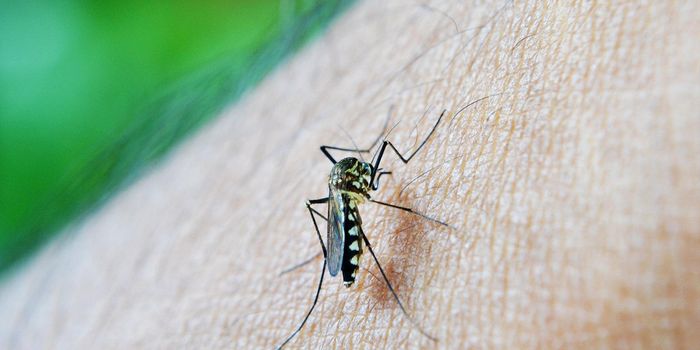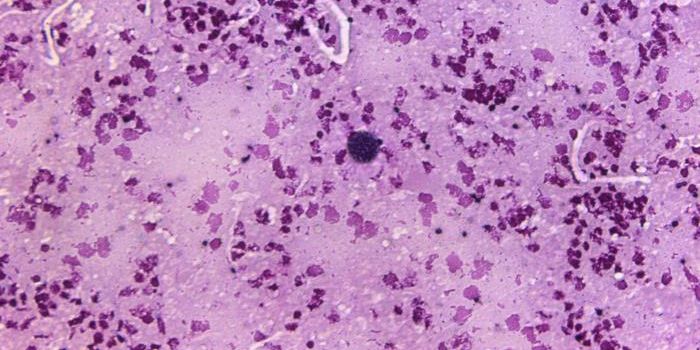The Malaria Parasite Gives Its Mosquito Host Advantages
When a mosquito carrying the parasite Plasmodium falciparium bites a person, that person can get malaria. So what does the P. falciparium parasite do to mosquitoes? Researchers wanted to know more about how the parasite interacts with the mosquitoes that it uses as a vector. By studying the messenger RNA (mRNA) that was found in mosquitoes that carried the parasite and comparing it to mRNA from mosquitoes that didn't carry it, they were able to learn more.
This study revealed that P. falciparium-infected mosquitoes were better at sensing odors than those who weren't infected. The infected mosquitoes were thus given an enhanced ability to find a blood meal, and so the parasite's chances of finding a host for the next stage of its life cycle were also improved in a mutually beneficial relationship. The findings have been published in Scientific Reports.
Not only do mosquitoes carrying the parasite get better at smelling stuff, the researchers noted that the mRNA they carry is like what is found in younger insects. If the mRNA molecules in a cell are analyzed, they reveal a snapshot of genes that are active at some point in time. Infected mosquitoes were expressing genes that younger insects would.
"Infected mosquitoes revealed a physiology that had all the hallmarks of younger animals: more focused on reproduction, more robust immunologically and generally fitter than their uninfected middle-aged control siblings," explained study co-author and Professor of Biological Sciences Laurence J. Zwiebel. "This suggests there is broad generalized adaptive advantage to keeping malaria pathogens in the population. That, in part, explains the global persistence of malaria."
The researchers were cautious to replicate real-world conditions when performing this study. The infections that were introduced were similar to what's seen in nature, and their intensity was very low-level, Zwiebel said.
Zwiebel added that although "P. falciparium is a deadly parasitic pathogen to humans and other mammals, it is most definitely not a pathogen to the mosquitoes."
The researchers are now planning to learn more about exactly how the parasitic infection improves the odor sensing ability of mosquitoes.
Sources: Vanderbilt University, Scientific Reports









